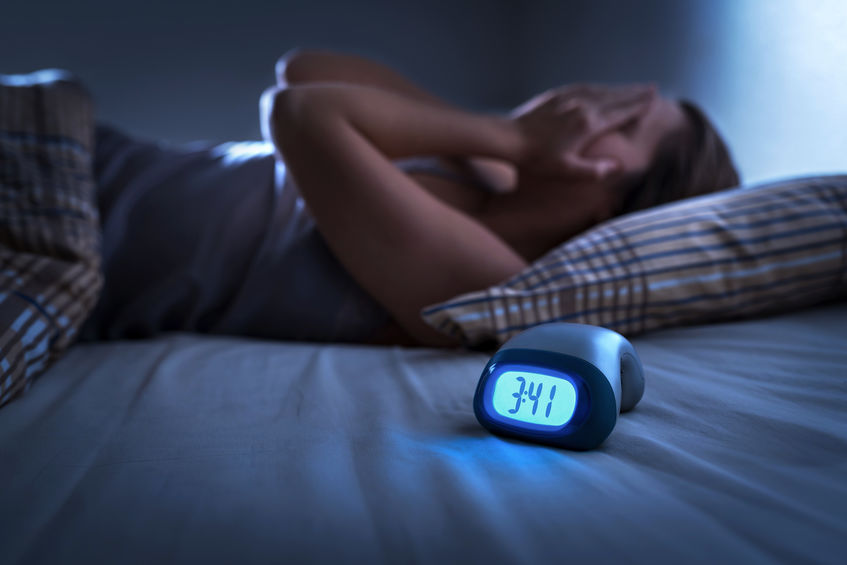
We talk a lot about treating sleep apnea, such as wearing a custom-made sleep appliance. We also discuss the diagnostic process with our at-home sleep test. But what causes the disorder to develop in the first place? In today’s blog, we’re looking at the causes of sleep apnea and what risk factors our Spring and Pearland, TX, patients should be aware of.
Risk Factors
A sleep apnea episode happens when a person stops breathing for brief periods at night, often the result of soft tissues in the throat and mouth becoming too relaxed and collapsing, blocking airflow. The brain wakes the patient upon discovering a drop in oxygen. These episodes of waking prevent patients from reaching the deep, uninterrupted sleep needed to truly feel relaxed the next day. What risk factors should people be aware of?
Well, common factors include obesity, chronic sinus issues, such as congestion or allergies, and smoking or the use of other tobacco products. Other factors include genetics, neck circumference, narrow airways, large tonsils or a deviated septum. Excessive alcohol consumption, particularly right before bed, also increases the risk of an apneic episode.
Bad Bedtime Habits
We talked about how consuming alcohol right before bed could be harmful, but did you know consuming a large meal, vigorous exercise, or consuming foods and drink with caffeine right before laying down could also lead to apneic episodes? In addition, screen time right before bed, such as a smartphone, hurt our ability to rest. Our bedrooms should be dark, cool, and free of screens, including TV, computer, and smartphones. You should also try to maintain a regular sleep schedule, which means going to bed and waking up at the same times each day.
Warning Signs
How do you know if you need treatment or need to make changes to your bedtime routine? People with sleep apnea may report chronic snoring, which occurs due to partial airway obstruction. Other symptoms could include headaches, dry mouth, and waking up nightly gasping for air or choking. Daytime drowsiness, moodiness, and difficulty concentrating also indicate issues with sleep. If you think one or more of these symptoms applies to you, then see us right away. With an at-home sleep test, we will obtain a detailed and accurate diagnosis. Form there, we can recommend the proper oral appliance to ensure open airway and uninterrupted sleep throughout the night. If you have any questions about treating OSA and other sleep disorders, then contact our team today.
Do You Need Help?
If you have risk factors for OSA and suffer from poor rest, then talk to us about treatment options. To learn more about our sleep apnea treatment options, call Houston Sleep Solutions in Spring, TX, at (281) 320-2000, or in Pearland, TX, at (832) 564-3508.
